Old City and its built environment have changed so much over the last several hundred years, while also remaining shockingly consistent in some ways. 322-40 Race St. is a shining example of this phenomenon, as it’s home to Old First Church, which was built in 1837, a three-story rowhome built in the 1760s, and a three-story building from 1974 which is meant to look much older. As urban renewal erased so much of the city’s history in this area, the 1760s rowhome has stayed the same, even as adjacent buildings were demolished (and occasionally rebuilt) all around. But change is coming for this property, and it’s not the kind of change that we see very often.
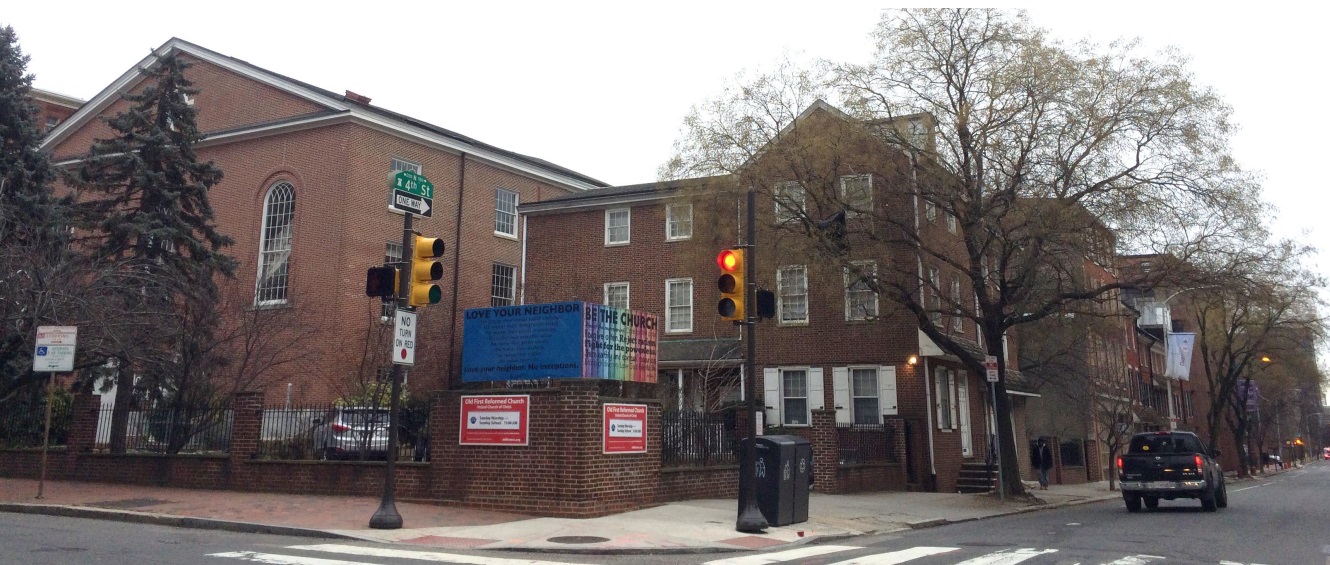
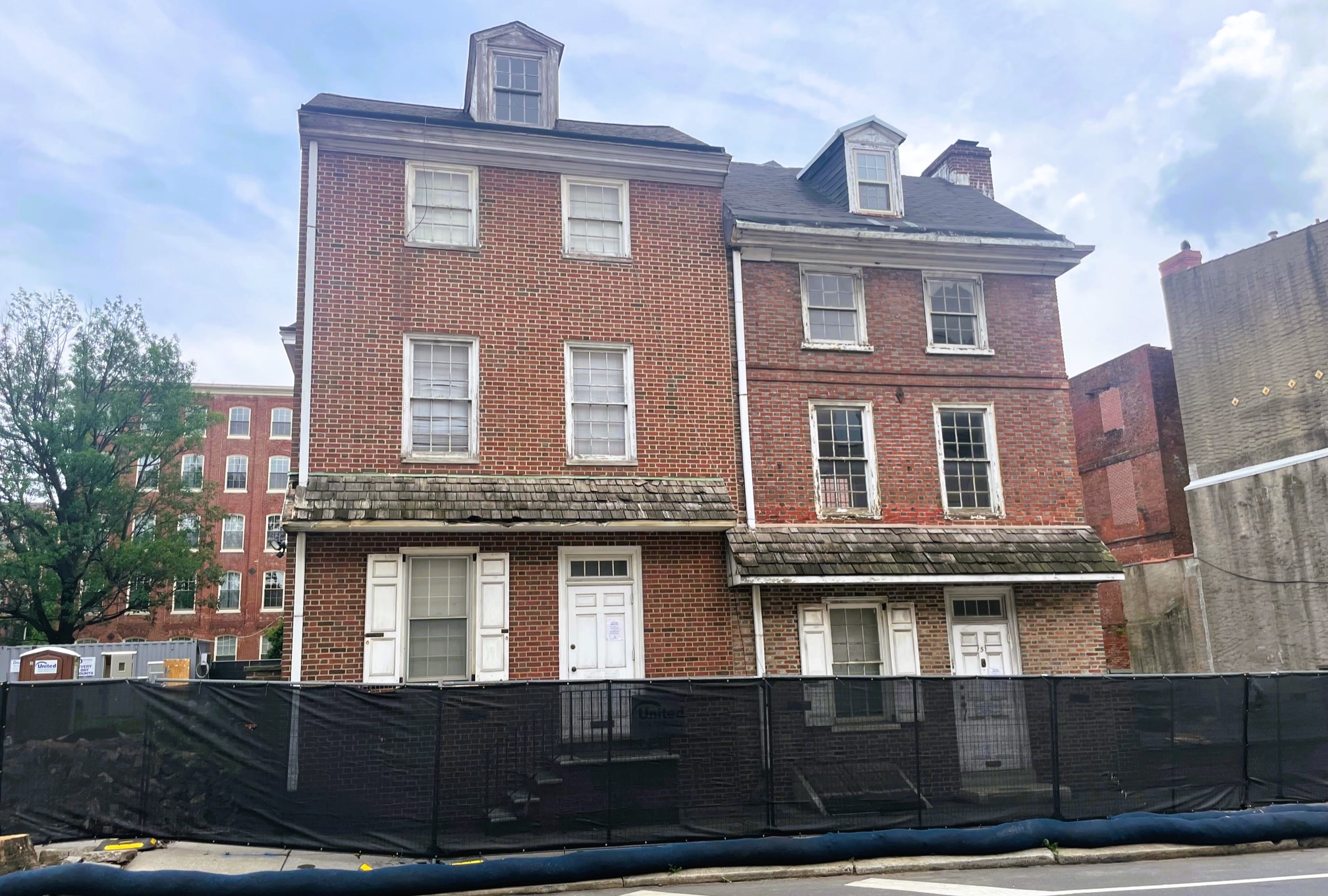
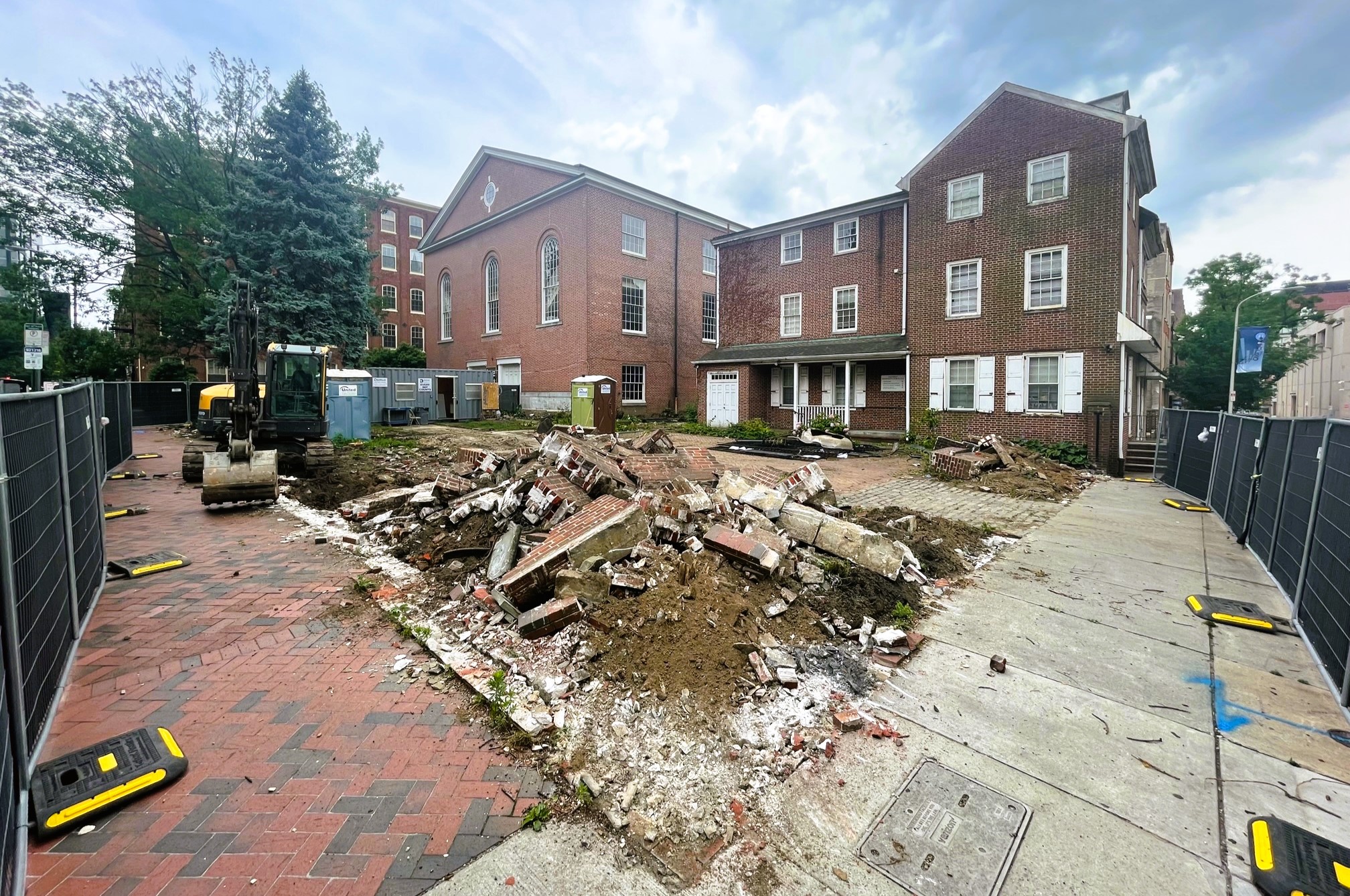
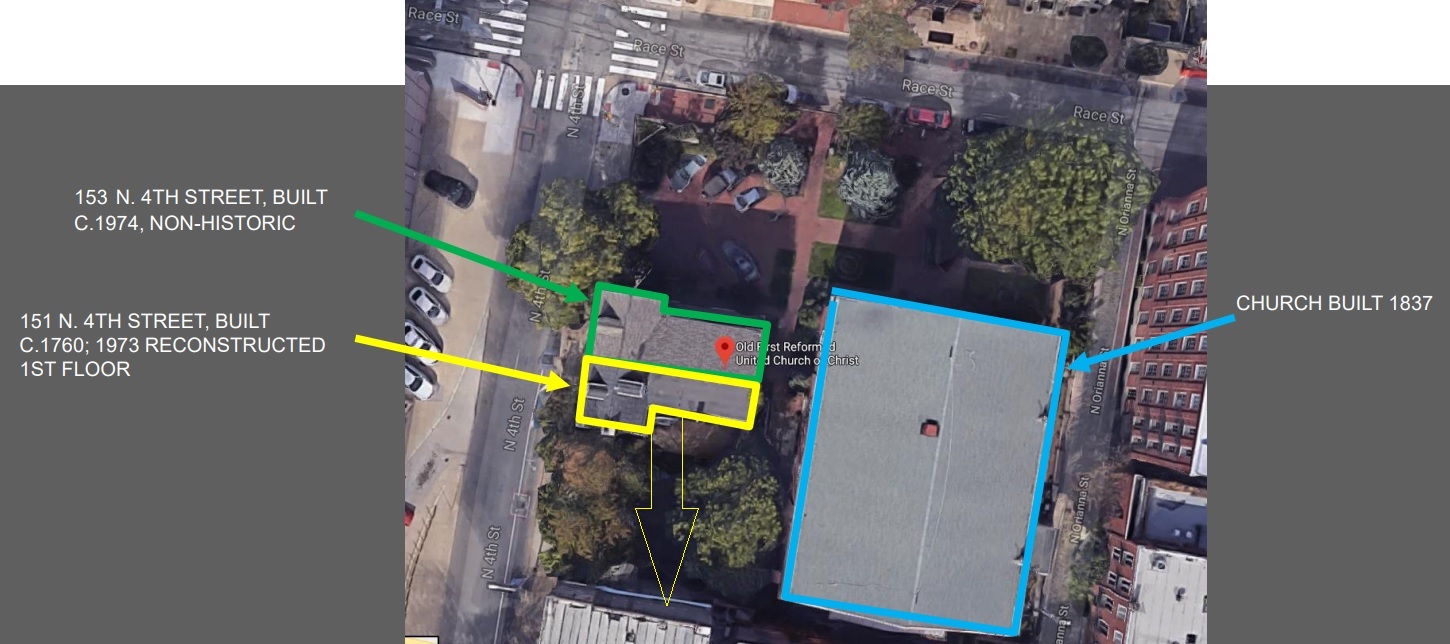
Remarkably, the 1760s rowhouse is getting picked up and moved to the southern end of the property along 4th Street. The impetus for this move is a plan for a five-story, 34-unit homeless shelter at the corner. This project, called Old First House, comes to us thanks to Old First Church, which has been providing shelter for the homeless since the 1980s, Community Ventures, and DePaul USA, with a design from O Z Collaborative. The project will entail 34 efficiency units, community rooms, offices, and 2,400 sqft of commercial space will activate the corner while providing crucial services for those in need. The non-historically protected 1970s reconstruction will be meeting the wrecking ball to make space for the new construction.
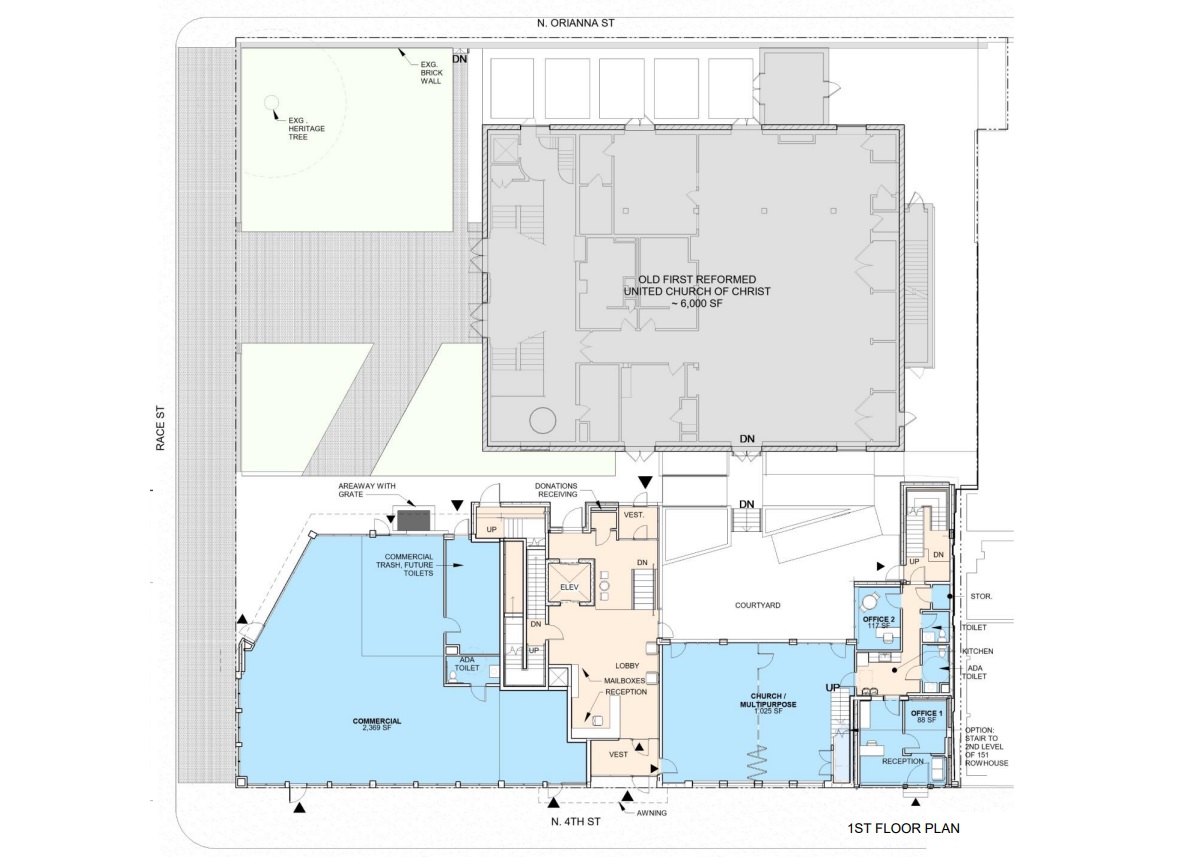
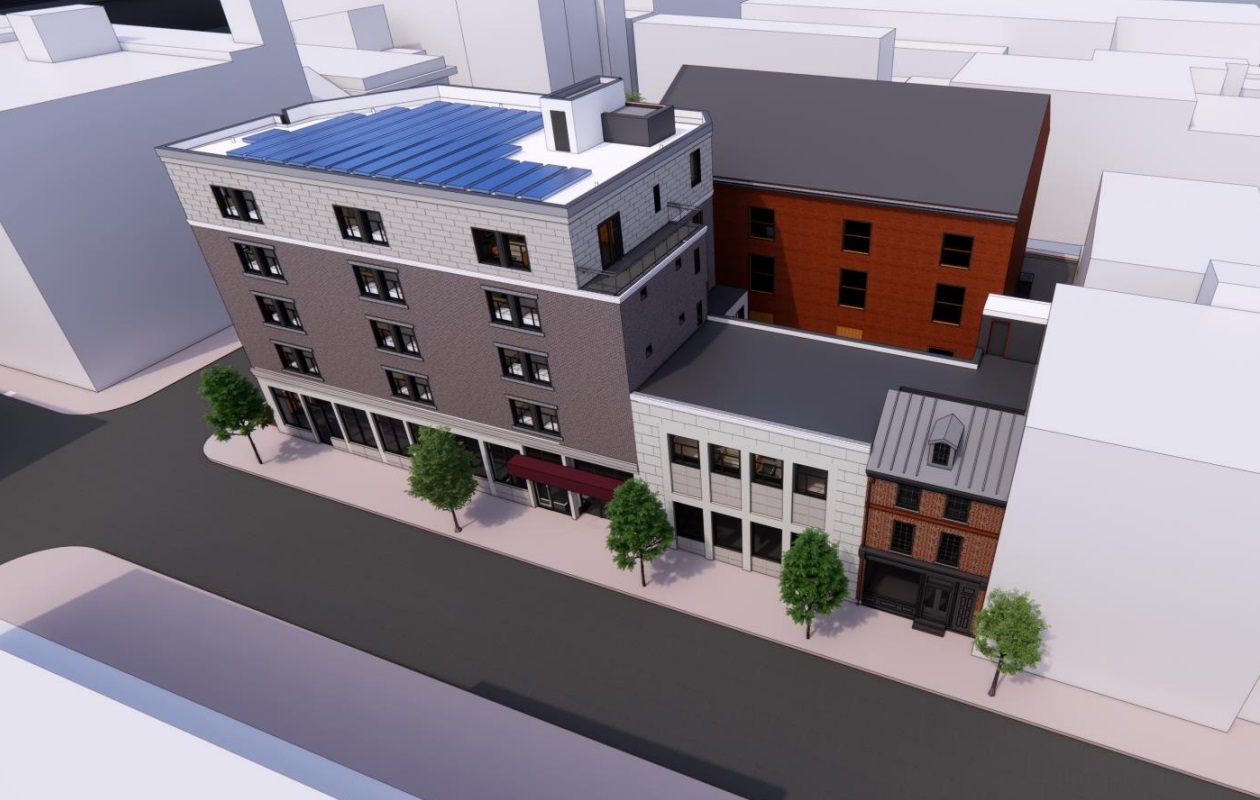
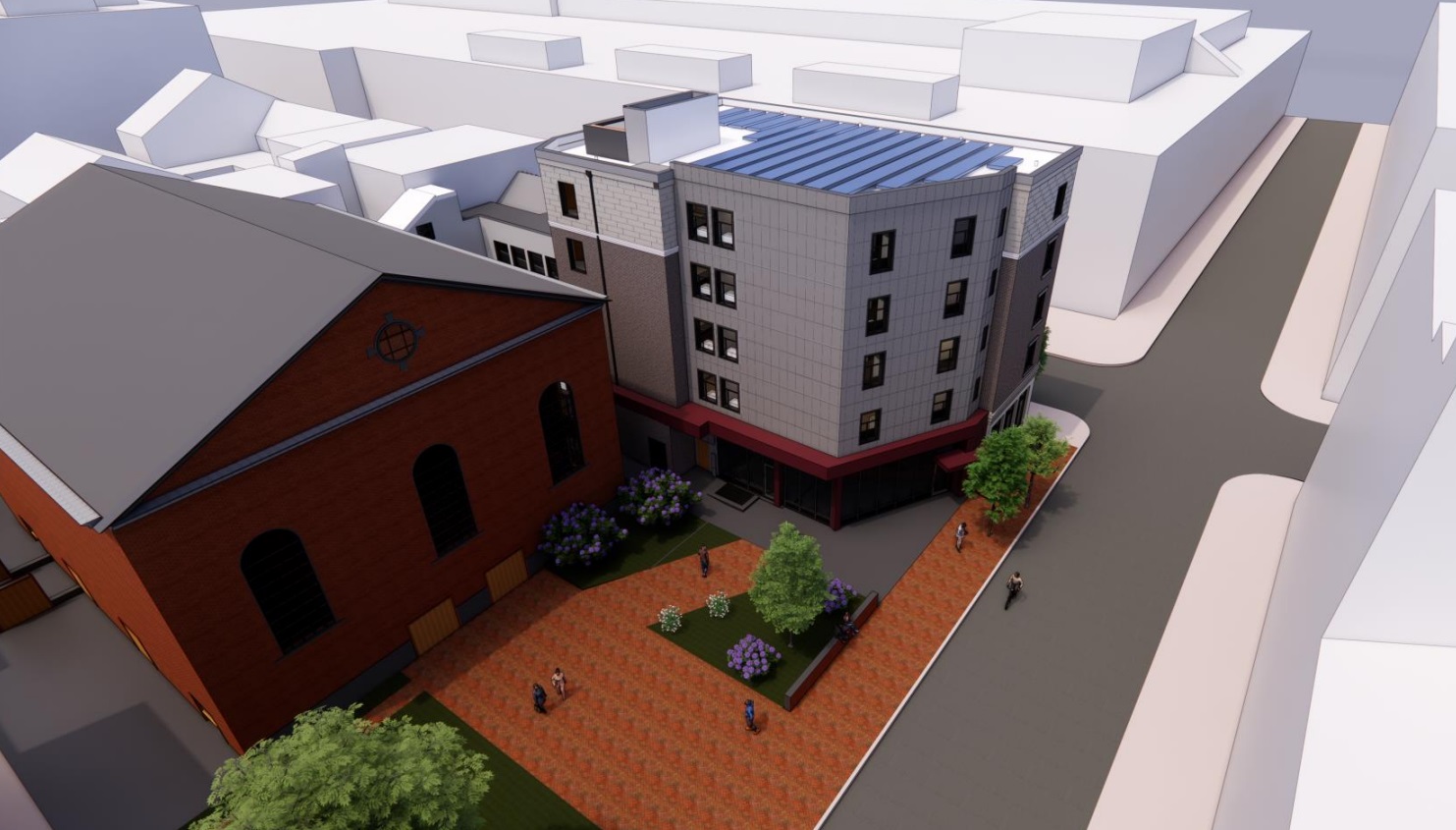
This will be quite a change for the corner, creating a continuation of the street wall along both Race and 4th Street. The facade will be primarily brick, with masonry along the ground level and an unfortunate amount of metal paneling, especially along the Race St. facade. The angled cut-out of the new construction will allow for views of the historically protected church and create a new plaza that will enliven the area. And work is already well underway, with trees being cleared and permits in hand to move forward.
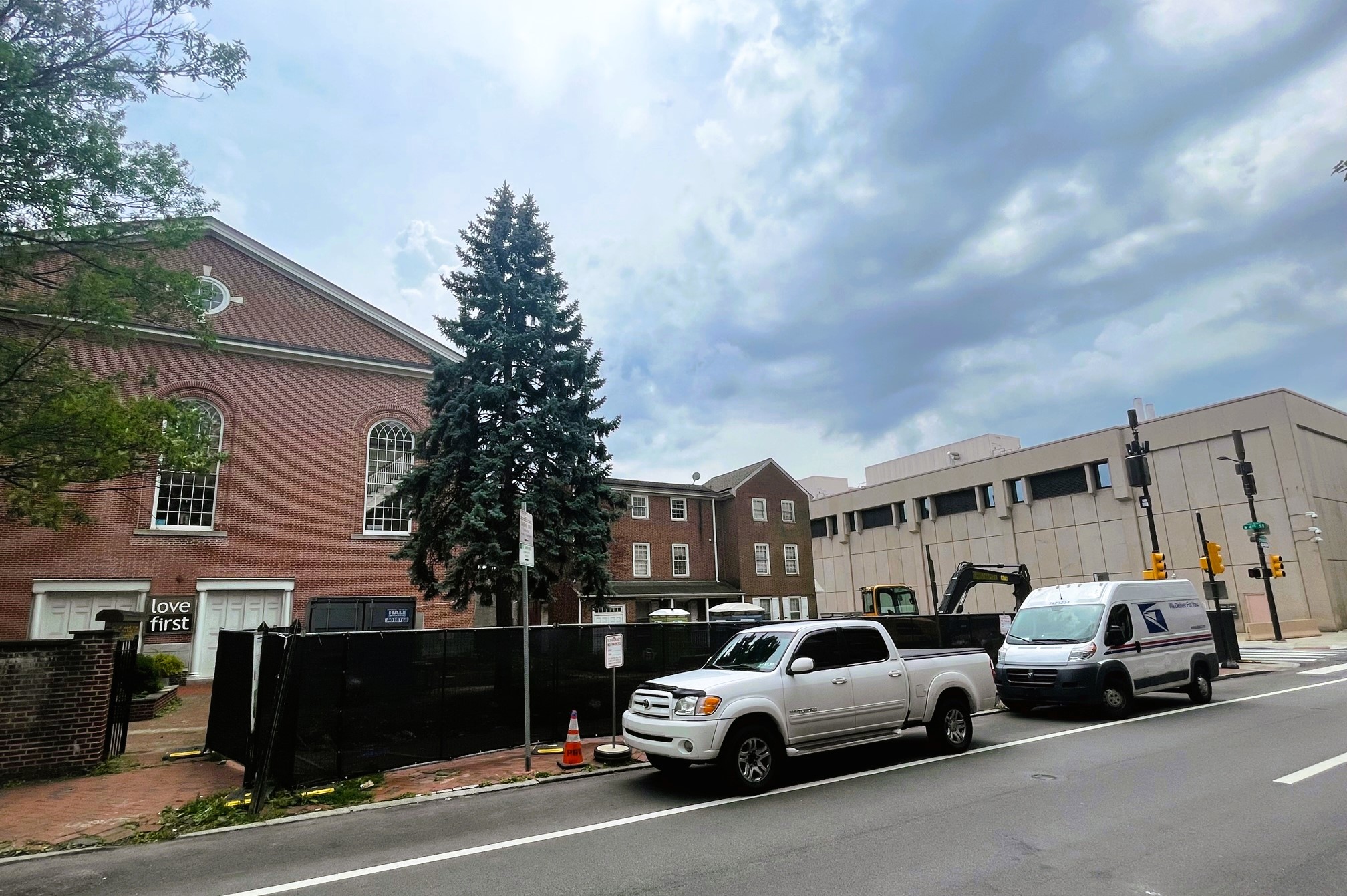
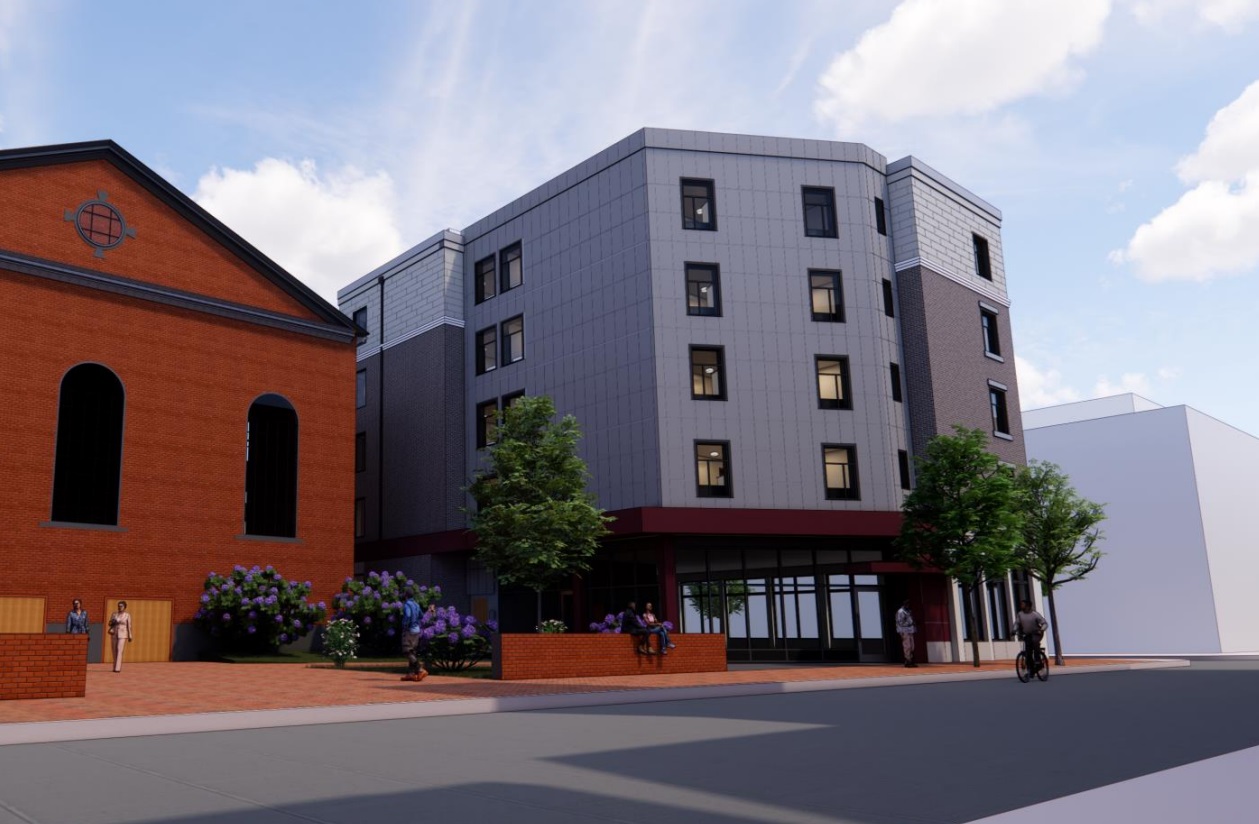
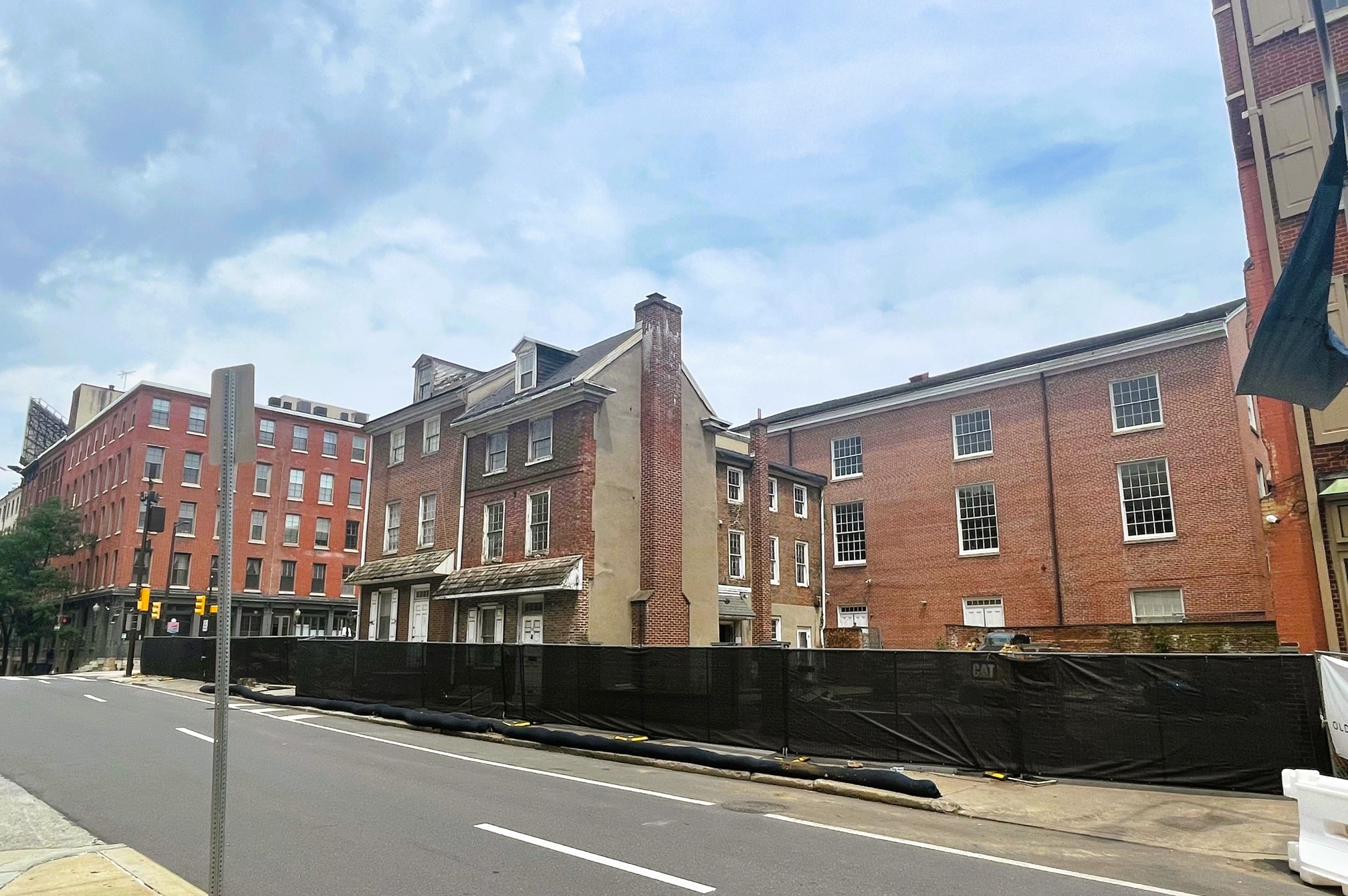
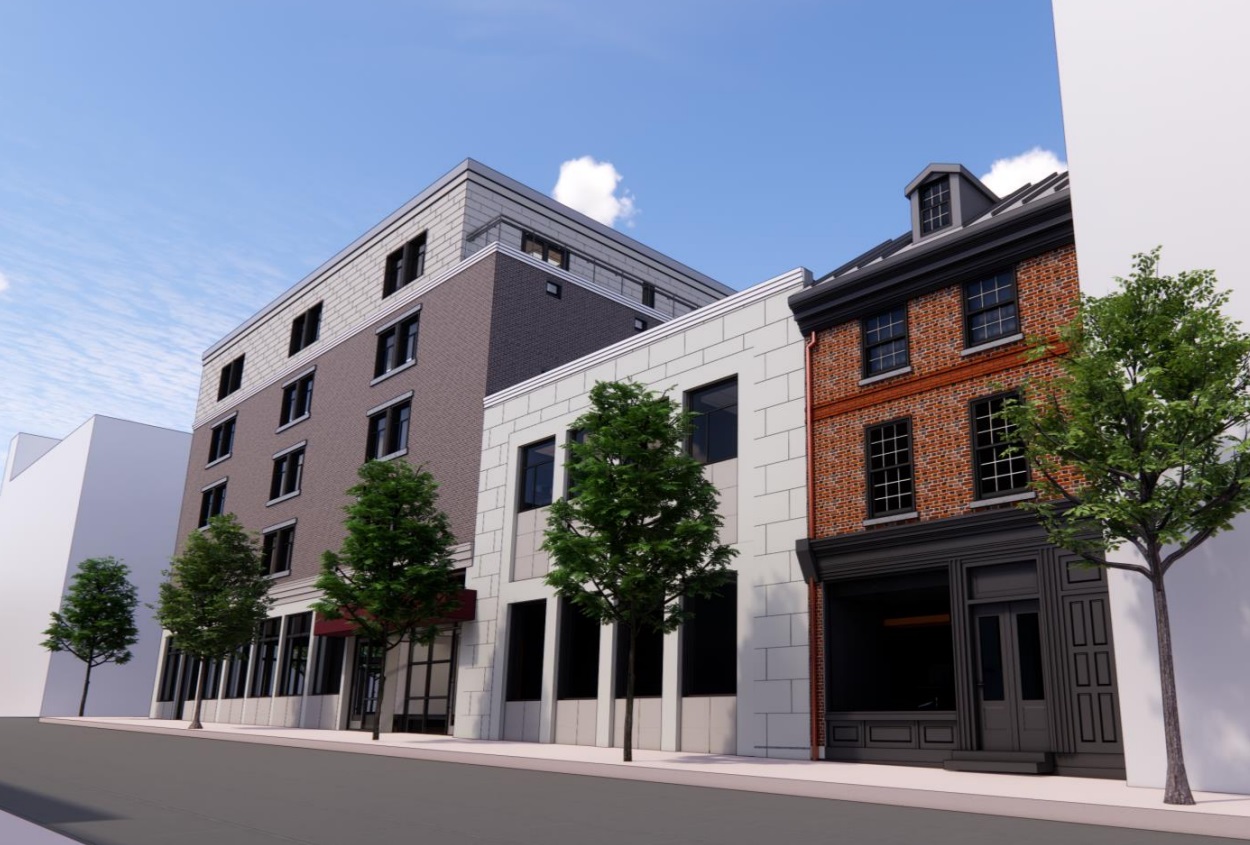
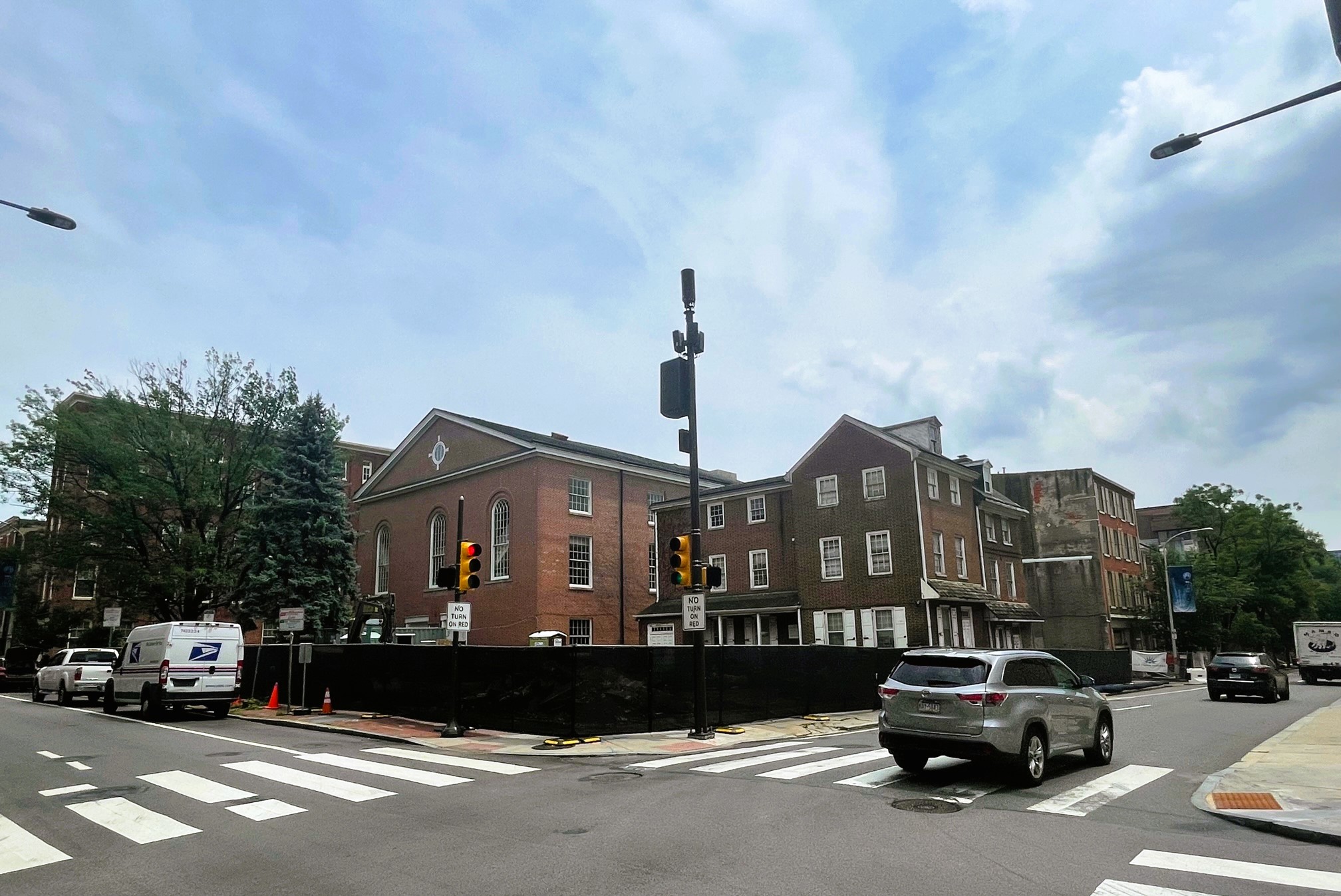
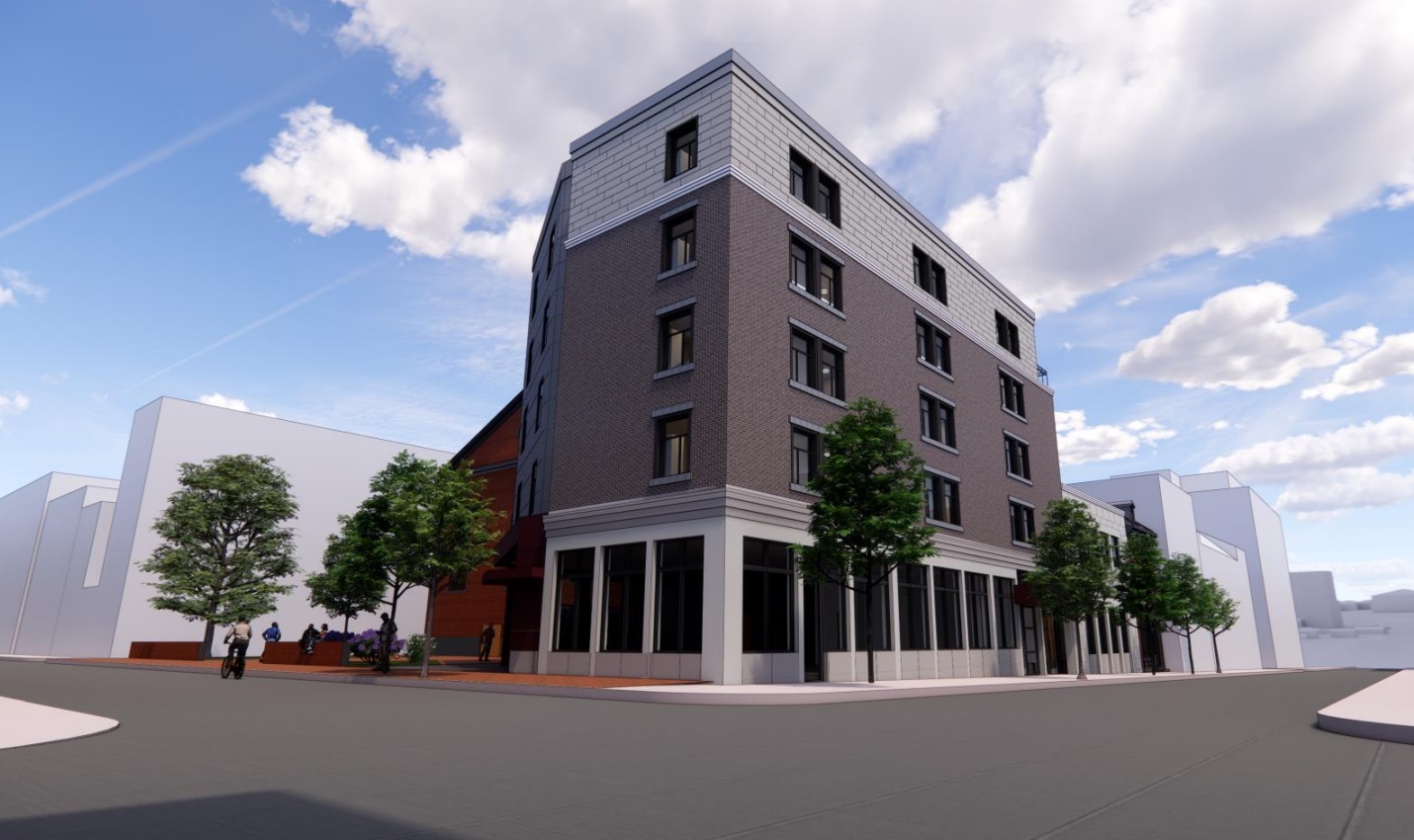
We have a mix of feelings on this one, with the addition of the 34 much-needed units and the saving of the historic home huge wins in our mind. However, we are a bit surprised at the approved design of this project, which was granted the OK by the Historical Commission. The paneling, massing, and transition between new and old seems off, though we understand that many previous iterations were considered before this option was deemed the best. We hope that the materials are high-quality or else this will stand out amongst the neighboring structures, and not in a good way. No matter your feelings toward the project, it will surely be fascinating to see a building that’s been in place for 260+ years find a new home just a few feet away.

Leave a Reply